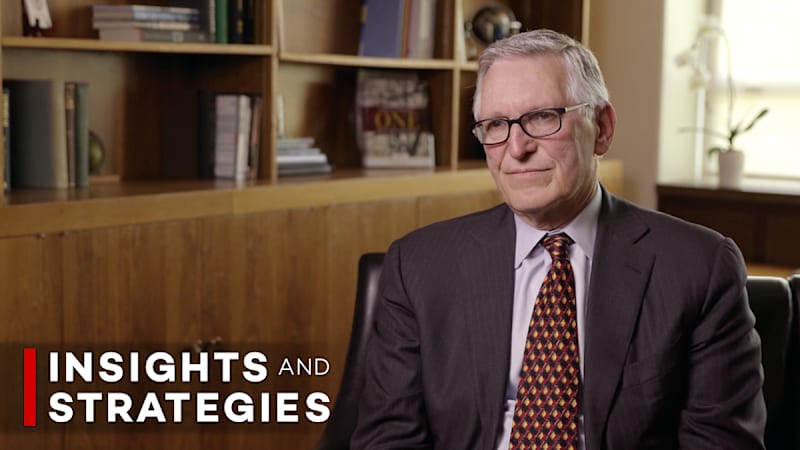What you'll learn
- People sometimes confess to things they didn’t do because:
- When the stakes are high, anxiety levels are high
- It can be very hard to appear honest
- Polygraphs (lie detectors) don’t work
- We can be convinced we did things we didn’t do
- People can be easily influenced
- Wrongful convictions – over 25% have false confessions
Over a quarter of wrongful convictions are based on people’s false confessions. Professor Robert Feldman outlines why this happens and how polygraphs don’t work.
In wrongful convictions, over 25% are based on false confessions. Professor Robert Feldman and Eve Ash discuss the strange fact that people sometimes confess to something they didn’t do. This is because of high anxiety levels, which create an impression of holding something back. Polygraphs are not infallible lie detectors: there are too many false positives and negatives, but police still use them. Kassin and Kiechel conducted a study which accused students of causing a computer crash. 100% confessed to having done it, although they hadn’t, while 35% confabulated details. We can be convinced of things we didn’t do.
This program is one of the Insights and Strategies Series, featuring psychologist Eve Ash interviewing a range of experts and business leaders who share their experiences and practical strategies for achieving best practice.
Click here to get the Transcript.
Business Outcomes
This program is designed to help people learn more about human behavior and why people lie. It also provides an interesting exploration of wrongful convictions, false confessions, misidentification by witnesses and polygraphs.








